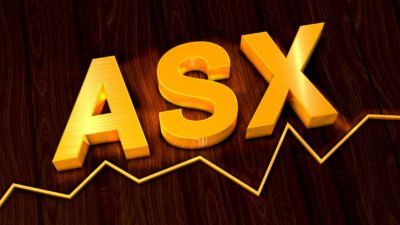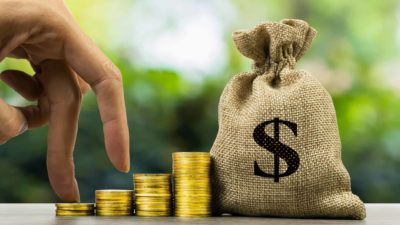Investing in high yield dividend shares has both pros and cons.
The Reserve Bank of Australia (RBA) interest rate is now very low at just 0.25%. I think ASX dividend shares are the best way to solve this income problem. But are high yield dividend shares a good idea? To answer that, I'm going to tell you about franking credits first.
Franking credits
Australia gives dividend investors a unique advantage compared to the rest of the world. The Australian taxation system generates franking credits for companies.
According to the ATO: "dividends paid to shareholders by Australian resident companies are taxed under a system known as imputation. This is where the tax the company pays is imputed, or attributed, to the shareholders. The tax paid by the company is allocated to shareholders as franking credits attached to the dividends they receive."
This is really helpful in making the high yield dividend share's yield even bigger.
For example, a large company could generate $100 of net profit. The ATO will tax it at rate of 30%. Then there's $70 left in the company's hands and $30 in tax is paid to the ATO. If the company pays out that $70 as a dividend it will attach the $30 as franking credits for the shareholder.
Franking credits can turn a fully franked dividend yield of 7% into a grossed-up dividend yield of 10%.
The pros of high yield dividend shares
Get more income from your capital
We only have so much money at our disposal. Depending on your needs, you may want to generate a certain amount of investment income each year. High yield dividend shares could allow you to achieve the required income from a smaller capital balance. For example, a 10% grossed-up dividend yield would generate $10,000 of income from $100,000 of capital. You'd need $200,000 of capital to make $10,000 with a 5% yield.
Don't have to sell shares to be rewarded
Some shares like Berkshire Hathaway are famous for not paying a dividend. However, if you need money to live then you'd have to sell shares to get money. I wouldn't want to be worrying about when I should be selling shares. High yield dividend shares allow you to regularly benefit from the profit they're making as they pay out those nice dividends.
The cons of high yield dividend shares
Tax
If you're earning income from your work you're probably paying tax. Dividends count as taxable income. The more you receive in dividends the more you have to pay in tax.
If you're in one of the highest tax brackets then high yield dividend shares could mean handing over a lot of your annual return over to the ATO each year.
Low re-investment
If a business makes $10 million of profit and pays out $9 million of it as a dividend then it's only retaining 10% to re-invest back into the business. It might be better for the long-term returns of the business to keep $2 million or even $5 million to re-invest.
We should want our shares to invest back into the business if it's possible to earn a decent return on that money. Dividends are important, but capital growth is also an important part of total returns.
A high yield could indicate a risky share
Some high yield dividend shares have a yield simply because they pay out most of their profit each year.
However, other shares could have a high yield because the market doesn't price the company's earnings very highly.
For example, two businesses could have the same dividend payout ratio of 50%. One could have a price/earnings (p/e) ratio of 10, which would equate to a dividend yield of 5%. The other could have a p/e ratio of 20, which would equate to a dividend yield of 2.5%.
The lower p/e business may be valued lower because it's riskier and there may be more of a chance of a dividend cut. Dividends are not safe like term deposits. We've already seen some dividend cuts in this COVID-19 era.
Foolish takeaway
High yield dividend shares can be a good way of getting more income for your money. However, I'd only be interested in some of the more reliable dividend shares out there like WAM Research Limited (ASX: WAX), Naos Emerging Opportunities Company Ltd (ASX: NCC) and Rural Funds Group (ASX: RFF).



